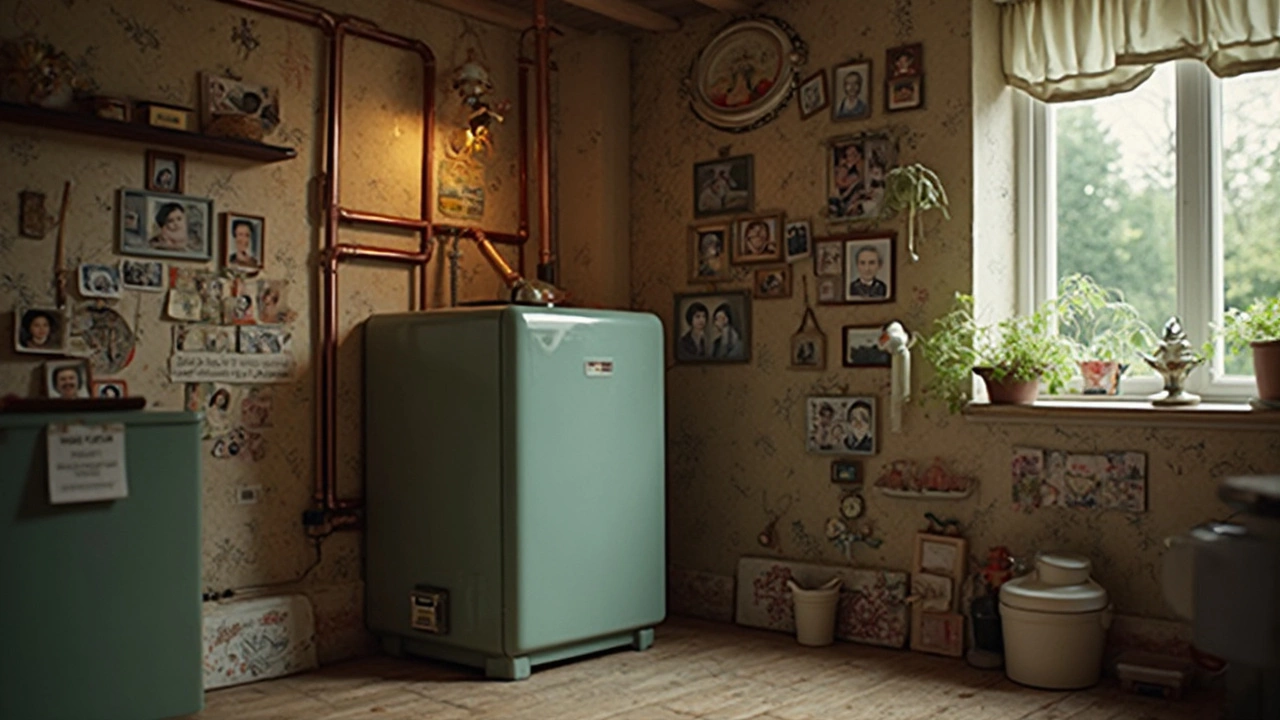Heating Systems: Repair Tips, Lifespan & Maintenance Guide
When your heating stops working, it feels like the whole house is on pause. Whether it’s a water heater that won’t heat, a boiler making strange noises, or a heat pump that’s losing power, the problem usually has a simple fix if you know where to look. Below are the most common issues and what you can do before calling a pro.
Common Heating System Problems and Quick Fixes
Water heater keeps resetting. This usually means a faulty thermostat, a broken heating element, or a buildup of sediment. Start by checking the temperature setting – it should be around 120°F. If the reset button trips again, turn off power, drain a few gallons to flush out sediment, and look at the anode rod. A corroded anode is the #1 cause of tank failure.
Boiler making banging or whistling sounds. Air trapped in the system or low water pressure can cause the noise. Bleed the radiators and make sure the pressure gauge reads between 1 and 1.5 bar. If the sound persists, the pump might be wearing out – a quick pump check can save a costly repair.
Heat pump losing efficiency. Dirty filters or blocked outdoor coils are the usual suspects. Remove the filter, clean it with warm water, and inspect the coil for debris. A once‑a‑year clean keeps the unit running at peak performance and cuts electricity bills.
Radiator not getting hot. Check the valve – it might be closed or partially shut. Open it fully, then bleed the radiator to release trapped air. If the radiator stays cold, the pump could be stuck, which is a fixable issue with a simple pump flush.
How Long Should Your Heating Equipment Last?
Every piece has a typical lifespan, but maintenance makes a huge difference. A well‑cared‑for water heater can give you 10‑15 years. Boilers usually last 12‑20 years, and heat pumps can reach 15‑20 years if you keep the filters clean and schedule an annual service.
Key factors that shorten life are hard water, aggressive temperature settings, and neglecting annual checks. A quick annual visit from a qualified technician can spot corrosion, worn parts, and efficiency drops before they turn into expensive breakdowns.
For DIY owners, a simple maintenance checklist goes a long way: reset the water heater thermostat once a year, bleed radiators after the first winter, clean heat‑pump filters every spring, and keep an eye on boiler pressure gauges. These habits add years to your equipment and keep the house comfy.
If you’re in Glastonbury and something still isn’t right after these checks, it’s time to call the experts. Our technicians know the local water quality, typical home layouts, and the most common fault patterns in this area.
At Glastonbury Appliance Repair Services we specialize in fast, reliable heating system fixes. We’ll diagnose the issue, explain the repair options, and get your home back to a cozy temperature without breaking the bank.
Don’t let a heating hiccup ruin your day. Follow the simple steps above, and if the problem sticks, give us a call – we’re just around the corner and ready to help.

Can Your Boiler Really Last 50 Years? Essential Insights & Lifespan Facts
Curious if a boiler can really last half a century? Discover expert insights, surprising real-life cases, and practical tips for extending your boiler's life.

Maximize Your Boiler's Lifespan: Key Tips for Longevity
Boilers are essential for home heating, but like all appliances, they have a limited lifespan. This article explores factors affecting boiler longevity, typical lifespan expectations, and highlights ways to extend your boiler's life through regular maintenance. Learn about signs that indicate it's time to consider a replacement and valuable tips to maintain efficiency. Get informed to ensure your heating system serves you reliably for years.